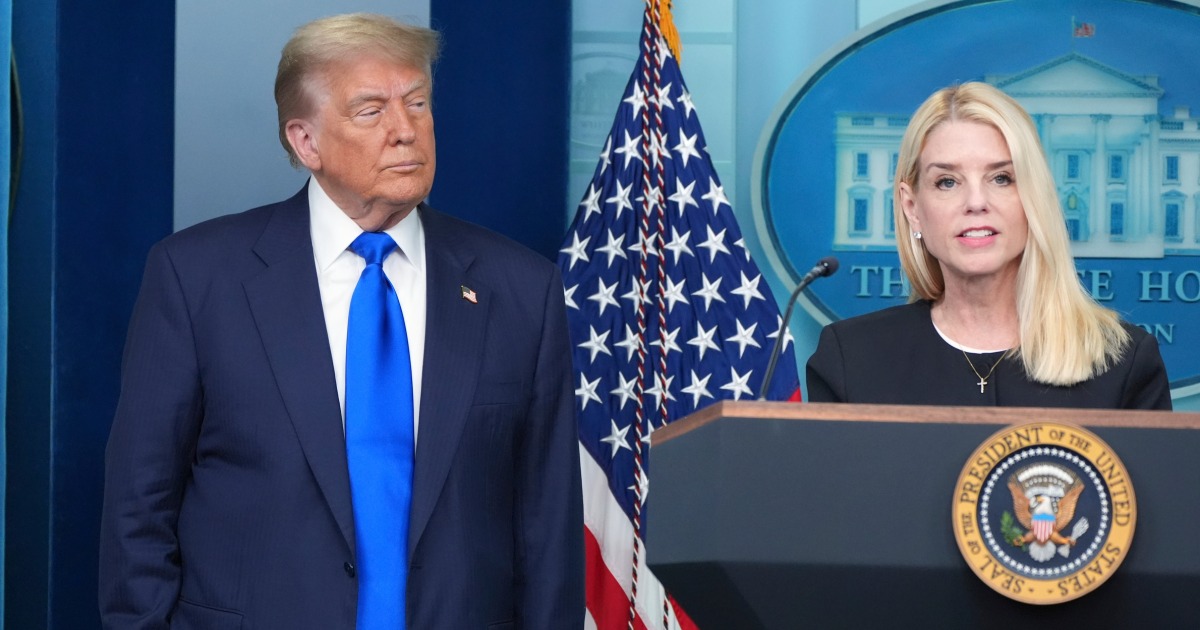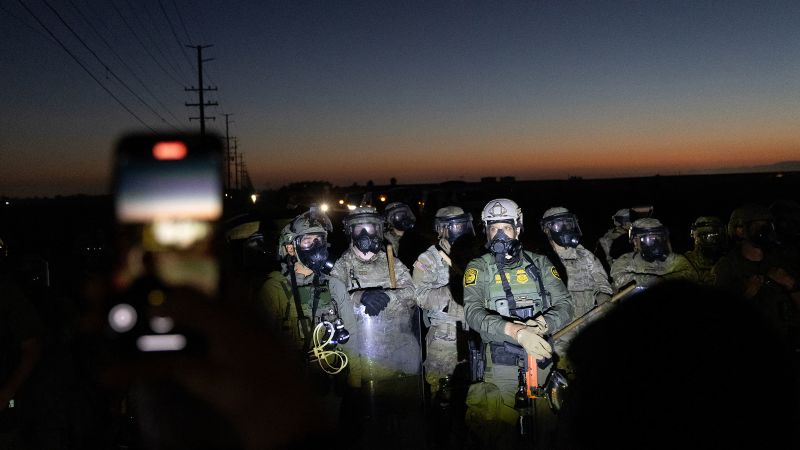DHS Urges DACA Recipients to Self-Deport | SEO Metadata Extractor

Introduction
The Department of Homeland Security (DHS) has recently made a controversial statement urging DACA recipients to self-deport. This statement has sparked fear and confusion among thousands of undocumented individuals who were brought to the United States as children. According to DHS assistant press secretary Tricia McLaughlin, "DACA does not confer any form of legal status in this country," and therefore, she encourages "every person here illegally" to self-deport.
Key Details
This announcement comes amidst the ongoing debate over the future of the Deferred Action for Childhood Arrivals (DACA) program, which protects young undocumented immigrants from deportation and provides them with work permits. The program was created in 2012 under the Obama administration and has been a hot topic in the current political climate. Despite the fact that the program is still in place and accepting renewals, the uncertainty surrounding its future has led to a sense of anxiety and fear among DACA recipients.
Impact
The DHS statement has caused outrage and concern among immigrant advocates who fear that this is just another attempt to strip away the rights and protections of undocumented individuals. This statement not only affects DACA recipients but also puts all undocumented individuals at risk by encouraging them to self-deport. It is a cruel and inhumane approach to a complex issue that requires a comprehensive and compassionate solution. As an expert SEO blog writer, I urge
About the Organizations Mentioned
Department of Homeland Security
The **Department of Homeland Security (DHS)** is a U.S. federal agency established in response to the 9/11 terrorist attacks to safeguard the nation from a wide range of threats including terrorism, natural disasters, cyberattacks, and border security challenges. Its core mission is to protect the American people, critical infrastructure, and uphold national security by coordinating efforts across government and private sectors. DHS oversees immigration enforcement, cybersecurity, emergency response, and counterterrorism initiatives. Formed in 2002, DHS consolidated 22 federal agencies to create a unified structure for domestic security. Its key components include the U.S. Customs and Border Protection, the Federal Emergency Management Agency (FEMA), and the Transportation Security Administration (TSA). Over the years, DHS has played a critical role in preventing terrorist attacks, enhancing airport security, responding to natural disasters like hurricanes and pandemics, and advancing cybersecurity protections for government and private sector networks. In recent years, DHS has shifted focus towards emerging threats such as unmanned drone attacks on infrastructure, cyber intrusions into financial and critical systems, and disruptions to supply chains. Strategic visions for 2025 and beyond emphasize technological innovation, integration of intelligence, and public-private partnerships to address these complex challenges. The agency’s budget reflects its broad mandate, with over $400 billion allocated for fiscal year 2025, underscoring its significant role in national security and emergency preparedness. Notably, DHS has faced scrutiny and calls for reform, especially regarding immigration enforcement and internal mission clarity. Recent directives have expanded immigration enforcement powers to other federal law enforcement agencies, reflecting policy shifts under different administrations focused on border security. For business and technology sectors, DHS represents a major government player driving innovation in cybersecurity, disaster response technology, and infrastructure protection, while navigating evolving threats in a complex geopolitical landscape. Its ongoing modernization efforts aim to enhance resilience and adapt to future security challenges.
Obama Administration
The **Obama Administration** refers to the executive government led by Barack Obama, the 44th President of the United States, who served from January 20, 2009, to January 20, 2017. This administration focused on comprehensive domestic reform and significant international initiatives during two terms in office. It is notable for being the first presidency of an African American, bringing historic social and political significance[1]. Key achievements of the Obama Administration include: - **Economic recovery and reform**: Early in his first term, Obama signed the American Recovery and Reinvestment Act (2009), a $787 billion stimulus package designed to combat the Great Recession by saving and creating jobs, stabilizing the economy, and aiding those hardest hit[3][8]. The administration also reduced the federal deficit from 9.8% of GDP in 2009 to 3.2% in 2016, reflecting a strengthening economy[5]. - **Healthcare reform**: The administration successfully passed the Affordable Care Act (ACA), expanding healthcare coverage to millions of Americans, a landmark policy affecting business and technology sectors by increasing consumer access and incentivizing innovation in health tech[1]. - **Climate leadership**: The Obama Administration played a pivotal role in global climate policy, leading the negotiation of the Paris Agreement in 2015, which committed 196 countries to greenhouse gas reduction targets, setting a global precedent for environmental accountability[2][6]. - **Trade and international relations**: It negotiated the Trans-Pacific Partnership (TPP), a trade agreement encompassing 12 countries, representing about 40% of global economic output, aimed at boosting trade and economic growth in the Asia-Pacific region[2]. - **Social justice and regulatory reforms**: The administration expanded hate crime laws, improved pay equity through the Lilly Ledbetter Fair Pay Act, advanced gun violence prevention by overhauling background checks, and promoted LGBTQ+ rights and stem cell research funding[1][2][5]. - **Technology
















